German democracy faces crisis from East-West interference
- Update Time : Wednesday, January 8, 2025

As Germany enters 2025, its political landscape appears increasingly fraught with dangers not seen since the rise of extremism in the 1930s. The upcoming general election on February 23, prompted by the collapse of Chancellor Olaf Scholz’s fragile three-party coalition, marks a pivotal moment in the nation’s democratic history. Amid economic struggles and political fragmentation, Germany faces a dual threat: external interference from both Russia and populist forces in the United States, each seeking to undermine its democratic institutions.
The election takes place against the backdrop of the ongoing war in Ukraine and growing social polarization within Germany. The country’s domestic intelligence agencies have long warned of Russian efforts to destabilize German democracy through disinformation campaigns and cyberattacks. But in 2025, these threats are amplified by the influence of Elon Musk, owner of the social media platform X and a key adviser to the incoming US president. Musk’s outspoken support for Germany’s far-right Alternative for Germany (AfD) party has escalated concerns about external manipulation.
Russian interference in European politics is not new. However, its intensity in Germany has reached alarming levels, with Moscow exploiting social media to erode public trust in the government and weaken Germany’s support for Ukraine. By amplifying anti-migrant and anti-establishment narratives, Russia has fueled discontent, particularly in eastern Germany, where the AfD has gained significant traction.
Hybrid tactics, including covert operations and open propaganda, have enabled Russia to capitalize on Germany’s economic challenges and social divisions. Disinformation campaigns target the government’s handling of migration, integration, and industrial decline, sowing doubts about the efficacy of democratic governance.
The AfD has emerged as a major beneficiary of these external influence campaigns. The party’s anti-EU, anti-NATO rhetoric aligns closely with Russian strategic objectives, making it a natural vehicle for Moscow’s disinformation efforts. In recent elections, the AfD’s support has surged in eastern provinces, where lingering economic disparities and historical ties to the Soviet Union make voters more susceptible to anti-Western narratives.
Adding to these challenges is the active interference of Elon Musk. The billionaire has used his platform, X, to bolster the AfD’s messaging, framing the party as a solution to Germany’s economic woes and a bulwark against perceived EU overreach. Musk’s engagement goes beyond mere opinion; his translated op-ed in Die Welt, a conservative German newspaper, has been criticized as an unprecedented act of meddling in a foreign election.
German leaders, including Scholz, have condemned Musk’s actions. The chancellor’s co-leader in the Social Democratic Party accused Musk of attempting to “push Germany into chaos,” likening his tactics to those employed by Vladimir Putin. Such accusations highlight the growing fears within Germany’s political establishment about the erosion of democratic norms.
Germany’s predicament is not unique. Across the Western world, the rise of hard-right populism, fueled by foreign and domestic actors, threatens to upend the liberal democratic order. The United States, the United Kingdom, and France have all faced similar challenges, with populist leaders gaining ground through the amplification of divisive narratives on social media.
In the US, the incoming administration’s alignment with Musk’s views raises questions about the role of American influence in Europe’s political landscape. Meanwhile, in the UK and France, figures like Nigel Farage and Marine Le Pen have similarly benefited from foreign support, challenging the traditional political elite.
The February election holds profound implications not only for Germany but also for the future of the European Union. A strong showing by the AfD could destabilize Germany’s role as a cornerstone of the EU and weaken its commitment to collective European security and values. This, in turn, could embolden other populist movements across the continent, further fracturing the EU’s unity.
Moreover, Germany’s response to these challenges will serve as a litmus test for the resilience of Western democracies. Failure to counter the dual threats of Russian and American interference could set a dangerous precedent, signaling to other authoritarian regimes and populist actors that such tactics are effective and consequence-free.
To safeguard its democracy, Germany must take decisive action. This includes strengthening cybersecurity measures to counter Russian cyberattacks and disinformation, as well as implementing stricter regulations on social media platforms to curb the spread of false narratives. German authorities must also enhance public awareness campaigns to educate voters about the dangers of foreign interference and the importance of critical media consumption.
Additionally, European institutions have a role to play. The EU’s new content moderation laws and digital accountability initiatives must be enforced rigorously to prevent the exploitation of social media by malign actors. Cooperation among EU member states is essential to develop a unified strategy against external meddling.
Civil society organizations and independent media also have a critical role in preserving democratic integrity. By promoting transparency, fact-checking disinformation, and fostering dialogue, these groups can help build resilience against attempts to polarize and divide German society.
Germany stands at a crossroads. As it prepares for a pivotal election, the nation must confront the dual threats posed by Russian and American interference. The stakes could not be higher: the survival of German democracy and its role as a leader within the EU hang in the balance. By taking bold and proactive measures, Germany can fend off the East-West pincer movement and reaffirm its commitment to democratic values. The coming weeks will test not only the resolve of German voters but also the strength of democratic institutions in the face of unprecedented external pressures.


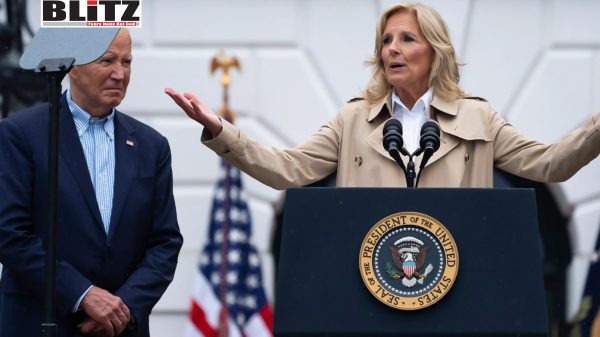
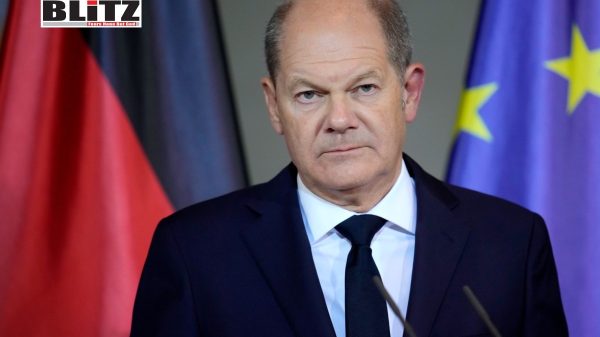

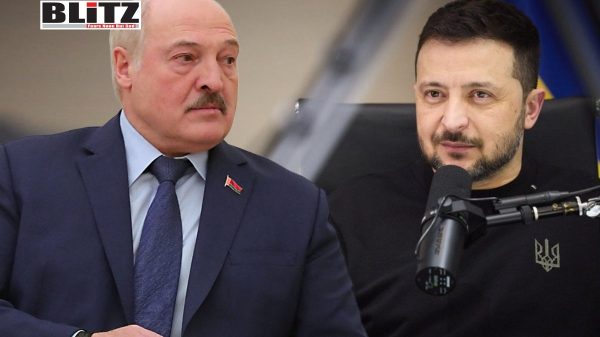
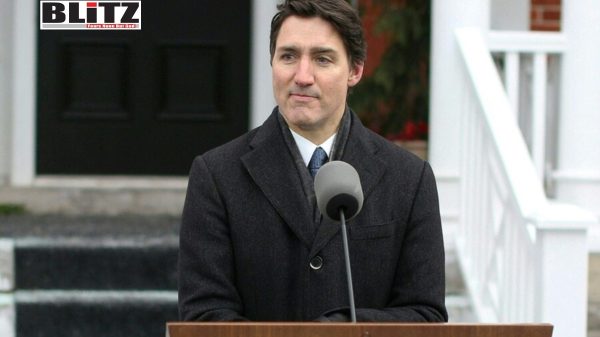
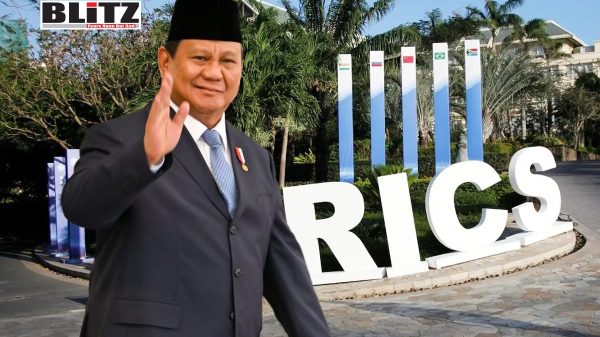
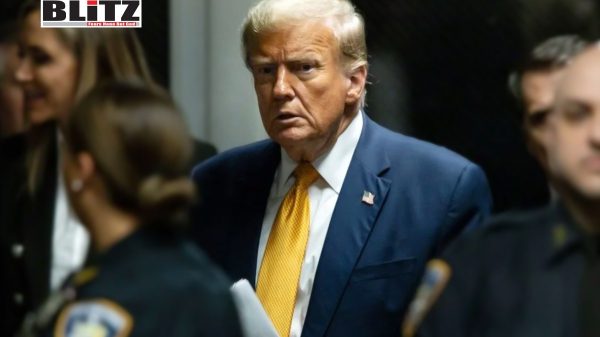
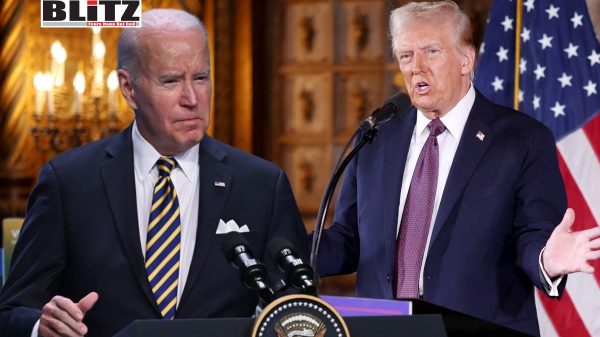
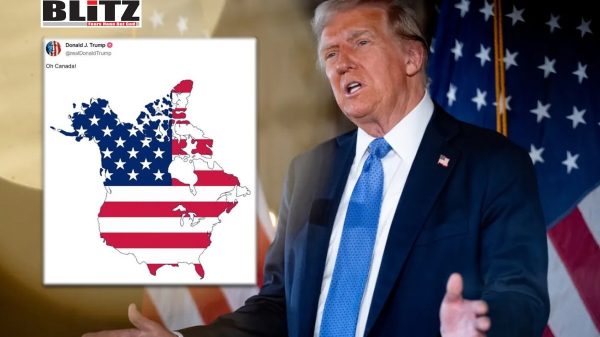
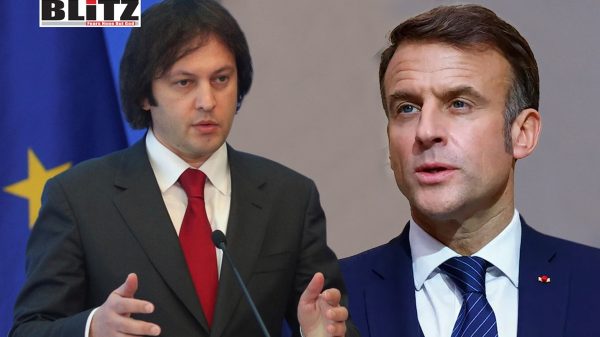
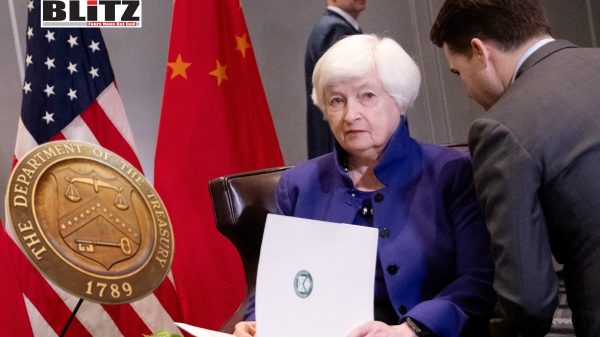
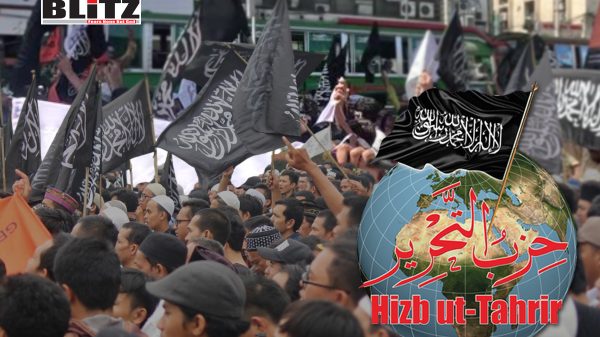


Leave a Reply